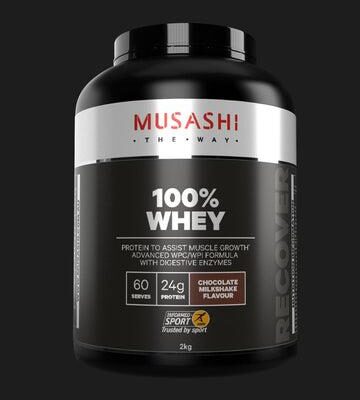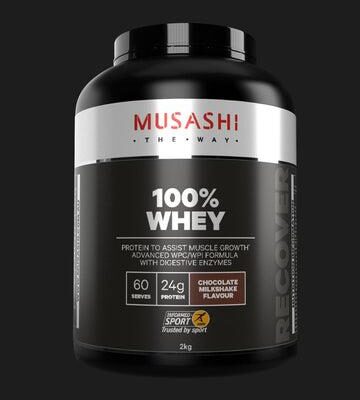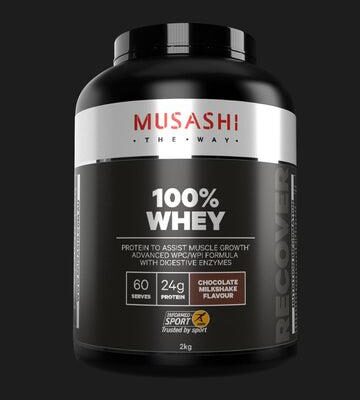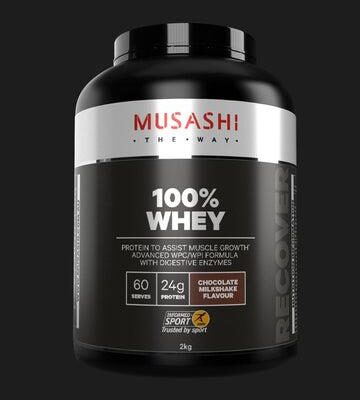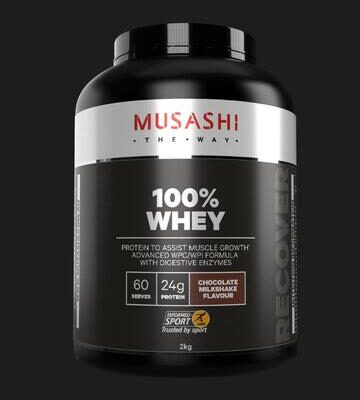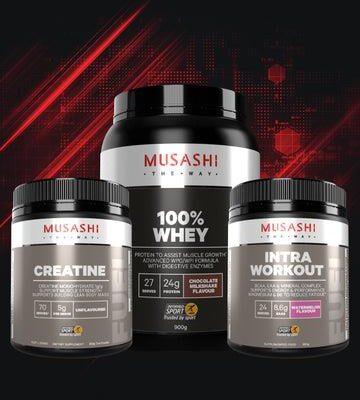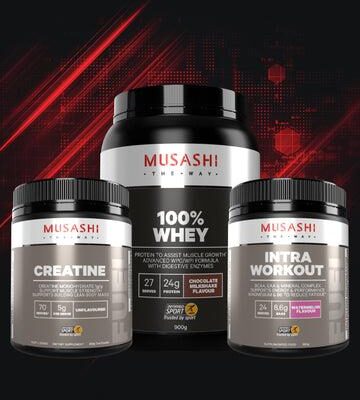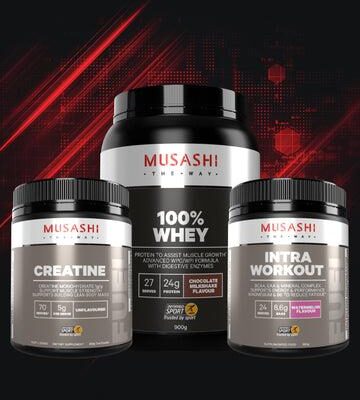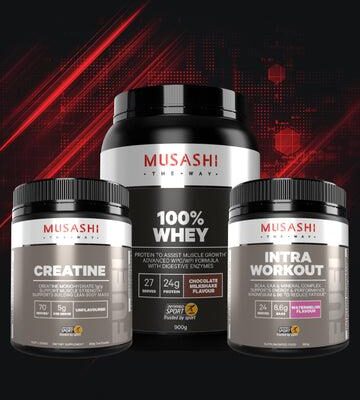As a diabetic, managing your blood sugar levels while maintaining a balanced diet is crucial. Protein powders can be a valuable addition to your nutrition plan, providing essential nutrients and aiding in muscle maintenance and recovery. However, not all protein powders are created equal, and selecting the right one requires careful consideration.
If you’re short for time please know that we recommend Musashi’s range, but here’s a comprehensive guide to help you make an informed choice when buying protein powder as a diabetic:
1. Check the Carbohydrate Content
When choosing a protein powder, one of the first things you should look at is the carbohydrate content. High levels of carbohydrates, especially sugars, can cause spikes in blood sugar levels. Opt for protein powders that have low carbohydrate content, ideally less than 5 grams per serving. Look for products that use natural, low-glycemic sweeteners like stevia or monk fruit instead of sugar or high-fructose corn syrup.
2. Examine the Ingredients List
A simple and clean ingredients list is essential. Avoid protein powders with a long list of additives, fillers, artificial flavors, and preservatives. The more natural the product, the better it is for your overall health and blood sugar management. Ingredients to watch out for include:
- Artificial Sweeteners: Such as aspartame or sucralose, which can have varying effects on blood sugar and insulin levels.
- Sugar Alcohols: Like maltitol or sorbitol, which can cause digestive issues for some people.
- Thickeners and Fillers: Such as maltodextrin or xanthan gum, which can add unnecessary carbohydrates.
3. Consider the Protein Source
The source of protein in the powder is another crucial factor. Different protein sources have varying effects on blood sugar levels and overall health. Some of the best options for diabetics include:
- Whey Protein Isolate: Contains a high percentage of protein with minimal lactose and carbohydrates.
- Plant-Based Proteins: Such as pea, hemp, or brown rice protein, which are naturally low in carbohydrates and suitable for those with dairy intolerances.
- Collagen Protein: A good option for those looking to support joint health, with minimal impact on blood sugar levels.
4. Evaluate the Glycemic Index
The glycemic index (GI) of foods measures how quickly they raise blood sugar levels. Choosing protein powders with low GI ingredients can help maintain stable blood sugar levels. Proteins generally have a low GI, but it’s the other ingredients in the powder that you need to watch. Avoid powders with high-GI additives such as maltodextrin or dextrose.
5. Look for Added Nutrients
Some protein powders are fortified with additional nutrients that can be beneficial for diabetics, such as fiber, vitamins, and minerals. Fiber, in particular, can help regulate blood sugar levels and improve digestion. Check the label for added ingredients like:
- Soluble Fiber: Such as inulin, which can help slow the absorption of sugar and improve gut health.
- Vitamins and Minerals: Especially those that are often deficient in diabetics, such as magnesium, vitamin D, and chromium.
6. Monitor Your Blood Sugar Response
Individual responses to protein powders can vary, so it’s essential to monitor your blood sugar levels after consuming a new product. Start with a small serving and check your blood glucose levels before and after consumption to see how your body reacts. This personalized approach will help you determine which protein powders are best for you.
7. Consult with a Healthcare Professional
Before making any significant changes to your diet or adding a new supplement, it’s always a good idea to consult with your healthcare provider or a registered dietitian. They can provide personalized recommendations based on your specific health needs and goals.
Finding the right protein powder as a diabetic requires careful consideration of the carbohydrate content, ingredients list, protein source, glycemic index, and added nutrients. By keeping these factors in mind and monitoring your body’s response, you can choose a protein powder that supports your health and fitness goals without compromising your blood sugar control. Always consult with a healthcare professional to ensure your choices align with your overall diabetes management plan.

